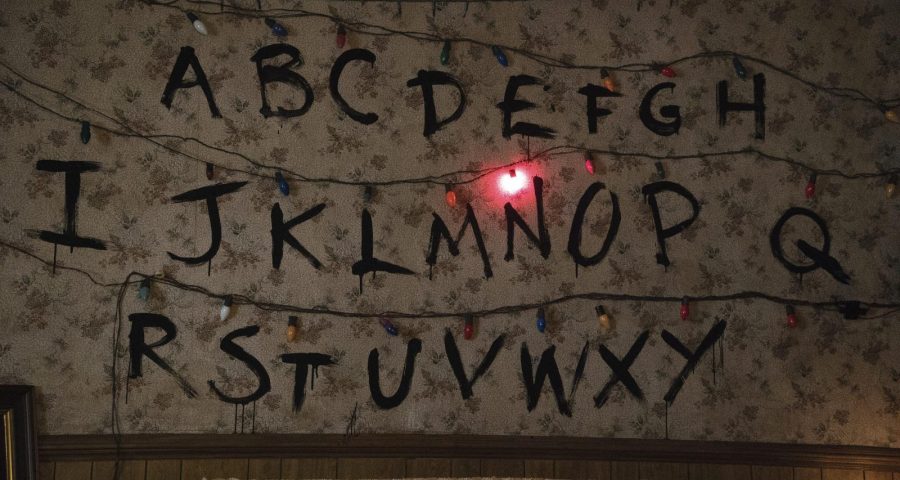“Oreos increase longevity”! Really??
This is Sandra Tsing Loh with the Loh Down on Science.
It’s easy to get fooled by “fake news,” but what affects our judgement of truth?
Dan King from the University of Texas Rio Grande Valley and his colleagues investigated. They asked a group of volunteers to evaluate twenty fictitious brand claims. Ten of them followed an alphabetic sequence. For example, “Bev Cures Depression’ – B, C, D. The other ten claims didn’t. Like, “Mev Cures Depression”- M, C, D. Then participants rated the truthfulness of each claim on a scale of one to ten.
Results? Claims following alphabetic sequences were perceived to be more truthful. Why?
The researchers think it’s because we’re comfortable with our A-B-C’s; it just feels familiar and right.
These findings could help companies design more believable slogans. But guess what? Consumers should make decisions based on facts. And not just because something FEELS right.
Knowledge is power. So fake news… beware! #FNB

